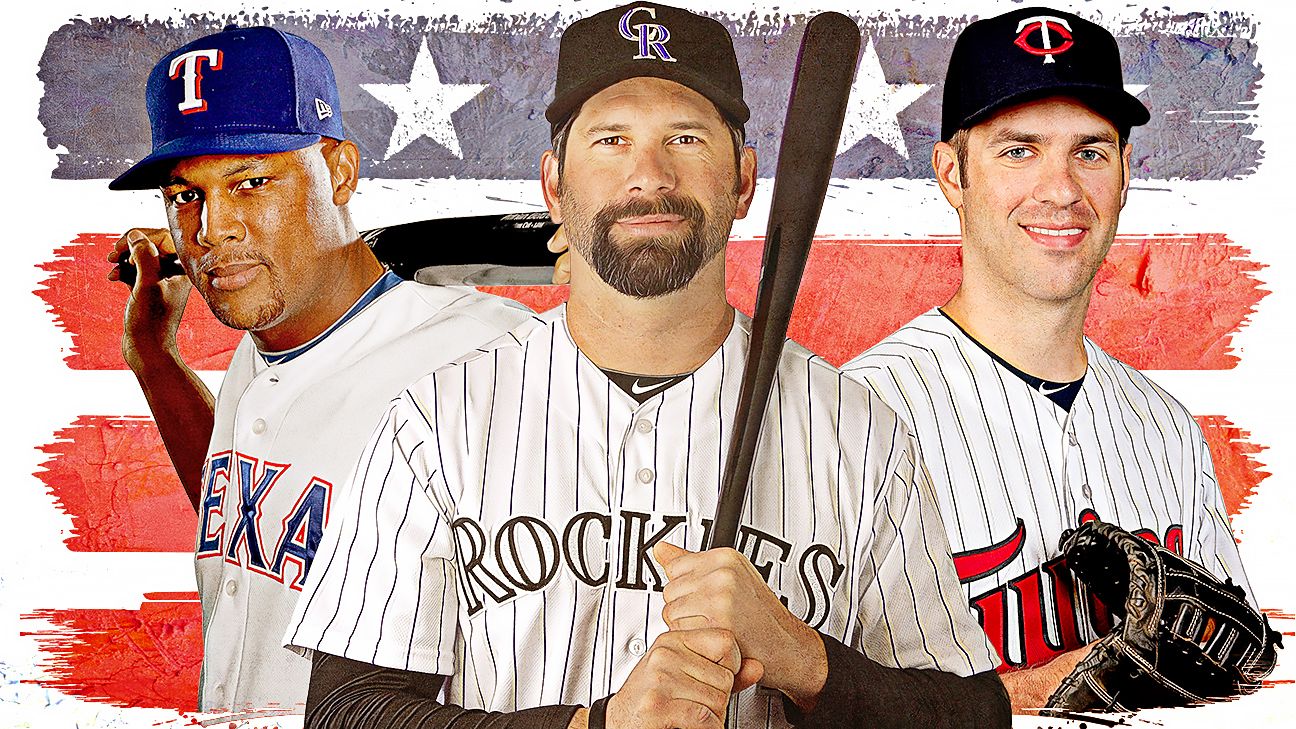
It's Hall of Fame election night, and while that may not be huge news here in Washington, it's big news across the baseball world at large. Tonight we will learn the names of the newest residents of Cooperstown, and it could be a sizeable list for the first time in several years.
The votes all were submitted before New Year's Day, so there has been plenty of time for everyone to speculate and pontificate on the eventual results. The ever-present Hall of Fame Tracker by Ryan Thibodaux has once again given interested fans and media members alike tantalizing evidence of what we may learn tonight, based on the ballots that already were made public by some members of the Baseball Writers' Association of America.
If you've been reading about this topic for a while now, you know that Adrian Beltre is likely to be elected as he had nearly 99 percent support on early-release ballots. Joe Mauer also looks like a lock to be elected with his 82 percent support so far.
Todd Helton and Billy Wagner may make it a four-man class as they are both sitting at around 75% on the Tracker, just above or below the magic number of 75%.
The Hall of Fame is an institution that has been in place since its founding in 1901. It's a way to honor and recognize players who have made significant contributions to the game of baseball throughout their careers. The criteria for election are based on several factors, including statistics, achievements, impact on the game and more.
The Hall of Fame is not without controversy though. There have been instances where certain players or teams were snubbed from being inducted into Cooperstown despite having strong cases for inclusion. This has led to debates about who should be included in the Hall of Fame, and what criteria should be used to determine eligibility.
In recent years, there has also been a push for more diversity in the Hall of Fame. There have been calls for more women and players from different backgrounds to be inducted into Cooperstown. While this is an important issue that needs to be addressed, it's not something that can happen overnight.
Overall, the Hall of Fame election is a significant event in the world of baseball. It's a way for fans and experts alike to recognize and honor players who have made significant contributions to the game throughout their careers.

